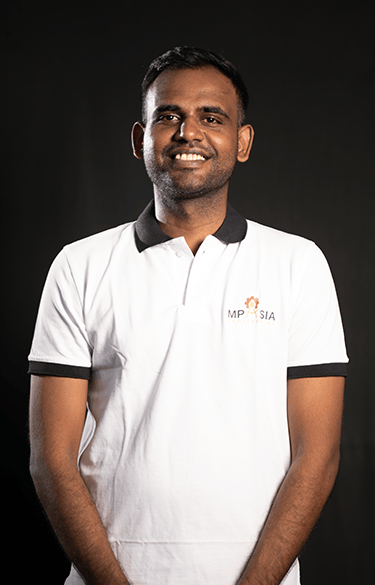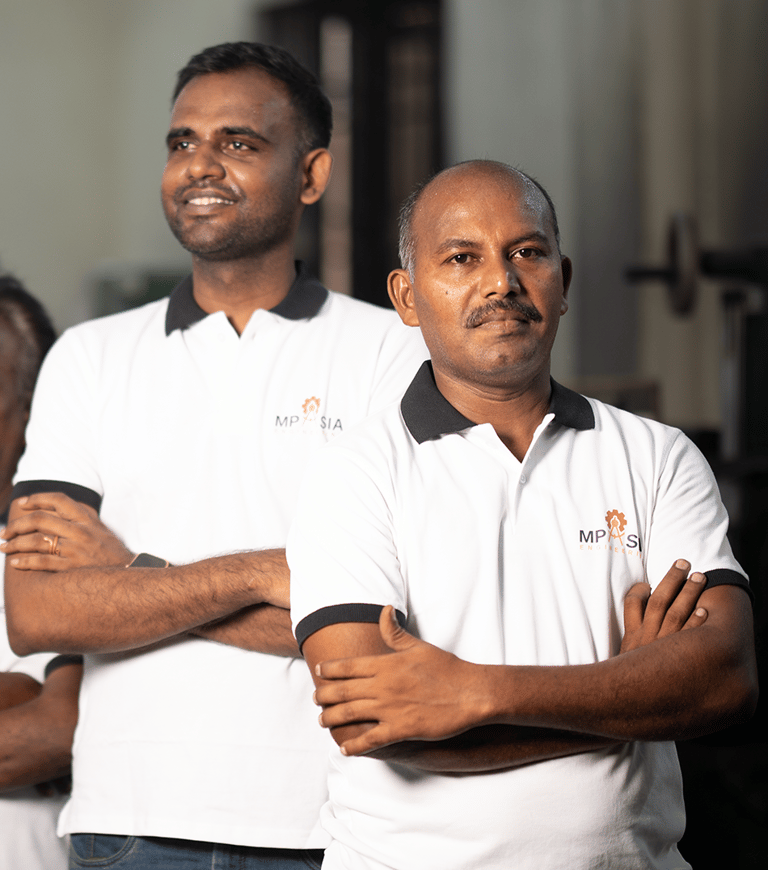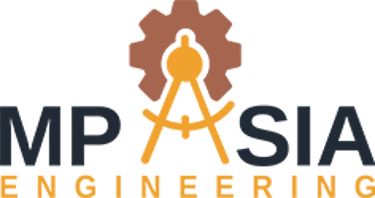An article for all those that are interested to know the basics of CNC Precision Engineering / Machining
Learn topics like: Applications of CNC Machining, Advantages of CNC Machining, Key Players in the Industry, Trends in the CNC Machining Industry, How to Get Started in CNC Machining
CNC PRECISION ENGINEERING SINGAPORE
The CNC (Computer Numerical Control) precision engineering industry is vital to modern manufacturing. It involves the use of computerized systems to control machine tools for manufacturing precision components. Let's dig in further. Firstly, what is CNC precision engineering? What is this solution/method about?
The answer is simple: CNC precision engineering uses pre-programmed software to control the movement of tools and machinery. It allows for the precise, automated production of complex parts from metal, plastic, wood, and composites.


Part 1: CNC Machine
This is the physical part of this solution. This industry is massive and very unique. For example, the players that make these machines themselves are a business on its own. Of course, those guys that make the machines also provide the service. Over at MP Asia Engineering, we call the tools that come directly from the big boys' floor as the "branded tools". Some customers prefer getting it directly from the machine makers themselves rather than going to local engineering companies. MP Asia Engineering is a reseller for some of these brands. You can check out our branded tools page for more info on some of these big players.
Let's look into the types of CNC machines that are out there. Here is a list of machines and their roles for a better understanding:
Milling Machines: Used for cutting and shaping materials.
Lathes: Used for rotating parts while cutting away material.
Plasma Cutters: Use plasma for cutting metals.
Laser Cutters: Use lasers for precision cutting.
3D Printers: For additive manufacturing.
Over at MP Asia Engineering, we offer design as a part of our service. You can check out CNC Tools Design page to see the software we use to create custom precision tools for our customers.
We hope we have not bored you already. Well just few more pointers and you'll be able to hold a conversation on CNC machining at the coffee table.


Here are the Key Components of CNC precision engineering and we have broken it down into three parts for a deeper understanding
Here are some key players in the market for the three categories. Also if you are looking for a role in a CNC engineering company in Singapore, MP Asia is currently hiring. Kindly visit our career page to apply.
Machine-Manufacturers: Companies like Haas Automation, Mazak, and DMG Mori.
Service Providers: Offer CNC machining as a service to various industries.
Software Developers: Providers of CAD/CAM software, such as Autodesk and SolidWorks.
Let's look at the Applications of CNC Machining. Here is a list of industries and the types of jobs CNC machining is used.
Aerospace: the solution is used for producing lightweight, high-precision components.
Automotive: Manufacturing engine parts, gears, and chassis components.
Medical: Creating surgical instruments, prosthetics, and implants.
Electronics: Producing parts for smartphones, laptops, and other devices.
Tooling and Molds: Making molds for plastic injection molding or die-casting.
As you can see CNC machining is such a vital ability/skill that is pretty much used in the majority of industries that build our current civilization. As human ideas get more creative, so will the need for precision custom tools to build the machines. We have come up with the current trend or wave for CNC machining by industries so you get a clear idea of where things are at at the moment in 2025.
Automation and Robotics: Integration of robotics for increased efficiency.
Additive Manufacturing: Combining CNC machining with 3D printing.
IoT and Smart Factories: Machines connected for real-time monitoring and optimization.
Sustainability: Focus on eco-friendly machining processes.
Advanced Materials: Machining exotic and composite materials.
So the golden question is, How to Get Started in CNC Machining? Here are 5 steps to guide your footsteps toward your goal in the CNC machining world.
Learn the Basics: Study CAD/CAM software and G-code programming.
Training Programs: Enroll in CNC machining courses or apprenticeships.
Hands-On Experience: Practice on CNC machines, starting with basic projects.
Understand Materials: Learn about the properties and machining techniques for various materials.
Stay Updated: Follow industry trends and innovations.
I hope you got a little sniff of what is going on in the CNC machining world. If you are interested in specific aspects like CNC career opportunities in Singapore, then read our blog article “How to Start Your Career in the CNC Machining Industry.” If you are someone who is looking for courses in CNC precision engineering in Singapore, here is an article for you: "Here is a list of institutions in Singapore offering CNC machining courses."
If you are a business or staff that requires professional assistance with CNC Machining services, then feel free to connect with us via our contact page.
We hope you enjoyed reading this article. If you have any questions or feedback regarding this article, feel free to contact us at blog@mpasiaengineering.com


Part 2: Software
Now this is for IT Designer. If you have an interest in designing concepts on software, then here is a unique market with a big window for career growth. There are many reputable software out there in the market for different CNC purposes. All programs for CNC can be broken down into just two segments:
CAD (Computer-Aided-Design) software to create the design.
CAM (Computer-Aided Manufacturing) software converts designs into machine instructions. G-code.
Part 3: G-code
The third part is G-Code, which is the programming language used to control CNC machines. This is for the programmers and developers. Now if you are into coding then this is a huge industry for you to explore as you can work for both the machine makers and companies that buy these machines to make the tools.
Thank You
MP Asia Engineering Team
Singapore
Author of this article
Iniyan Sean
Singapore Country Manager




Tips for those that want to start a career in CNC precision engineering industry


For those that are exploring all options available to learn CNC precision engineering besides going to a school or college.


Here is a list of institutions in Singapore offering CNC precision engineering courses
Related Blog Articles
Looking For CNC Precision Engineering Service? Get A Quick Quote!


We have dedicated account managers that are available from Mon-Friday, 9am to 6pm SGT. Do fill out this form and we will get back to instantly.
Dedicated Account Manager
24 Turnaround For One-Off Prototype
Parts Delivered OTIF After Confirmation
From Singapore To World
















